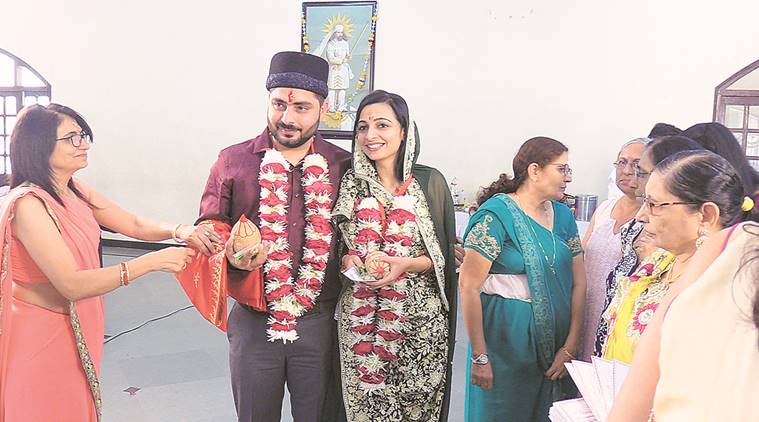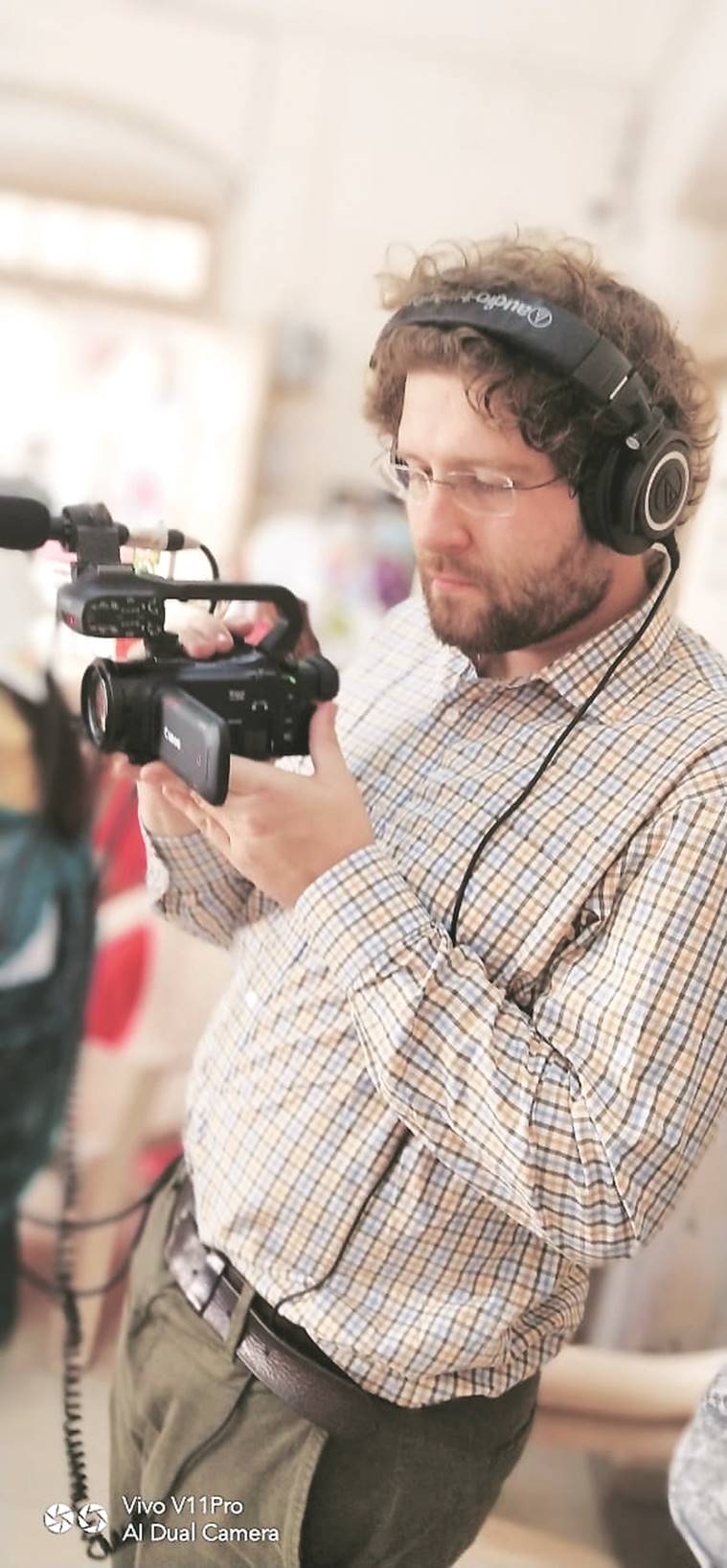A Russian’s decade-old love for Parsi dialect
The scholar, Anton Zykov, worked for the Russian Embassy between 2011 and 2013, but in November 2017, he started working on a unique three-year project of recording and analysing the Parsi dialect (Parsi Gujarati or simply Parsi in India and Zoroastrian Dari or Gavruni in Iran).

THIS RUSSIAN scholar’s ‘Parsi connect’ dates back a decade, when he chose Zoroastrianism as his thesis subject as an MPhil student at Oxford. The scholar, Anton Zykov, worked for the Russian Embassy between 2011 and 2013, but in November 2017, he started working on a unique three-year project of recording and analysing the Parsi dialect (Parsi Gujarati or simply Parsi in India and Zoroastrian Dari or Gavruni in Iran).
“The focus is on contemporary spoken Parsi (also known as Parsi Gujarati). I am looking forward to document the language as it is spoken. So I try to record the conversations which Parsis have with each other in Parsi Gujarati. It’s just an attempt to give an objective picture of the language,” said Zykov.

The scholar works by collecting video and audio samples of the Parsi speech from various places, among Parsis of various ages, professional and socio-economic background. These samples are processed, annotated and analyzed to understand syntax, lexicon, morphology and semantics used among the different varieties of the Parsi speech.
Many in the community have become his friends and collaborators on the project, like the family of Rohin and Frazin Kanga from Navsari, who hosted him for three months while he was based there gathering language material, he said. Recalling some interesting interactions with the community, he said, “Once I was making a recording at a dar-e-mehr (Fire temple) in Navsari. When I was changing my camera’s battery, the person whom I was recording asked me if I was married. I said “no” and asked the reason for his curiosity. He told me that he heard from someone that I was married to a Parsi girl. So there are some Parsis who suspect a hidden agenda in my research,” said Zykov.
The Russian scholar aspires to complete the project by publishing a grammar book and dictionary of the Parsi language and successfully archiving it with Endangered Languages Archive of SOAS University of London, which has funded the project.
“I wish to draw the community’s attention to its rich linguistic heritage like the munajats (Parsi popular devotional songs), kahavaten (proverbs) and even galliyan (cuss words) are a source of unique Parsi linguistic treasure. All this will be lost if linguistic shift towards English keeps on increasing among the Parsis and Parsi Gujarati continues to have a low social prestige. I hope my work can be used among the Parsi diaspora to learn Parsi Gujarati and maintain their identity and tradition,” he added.





